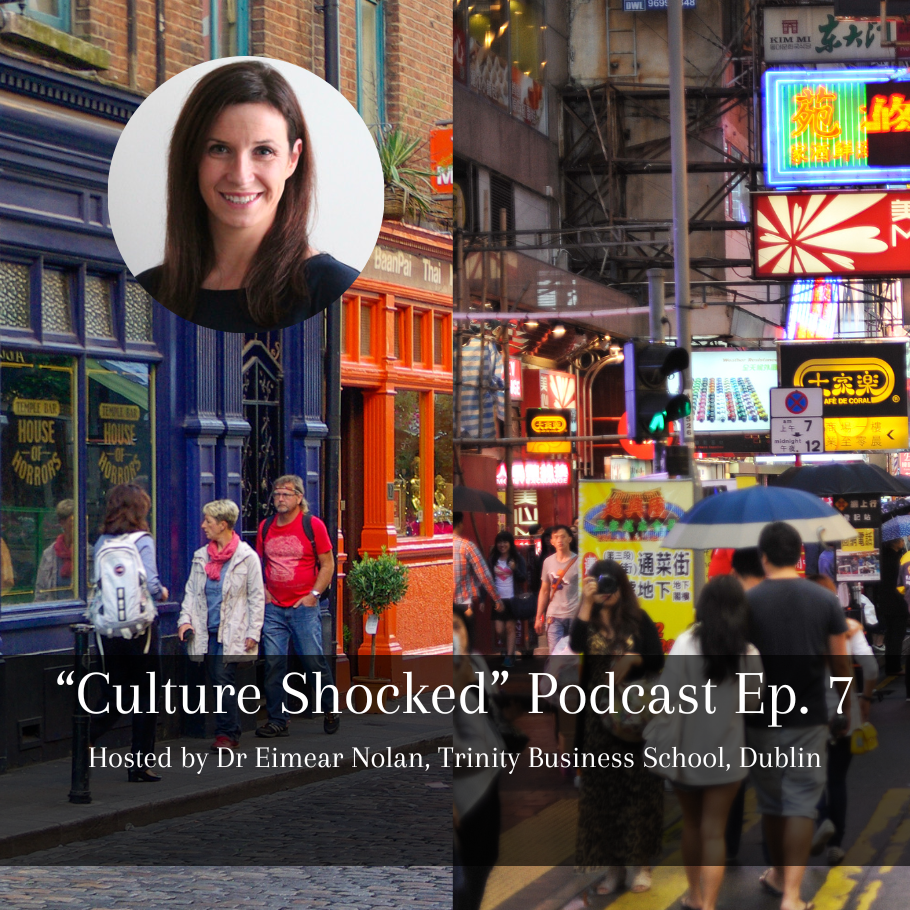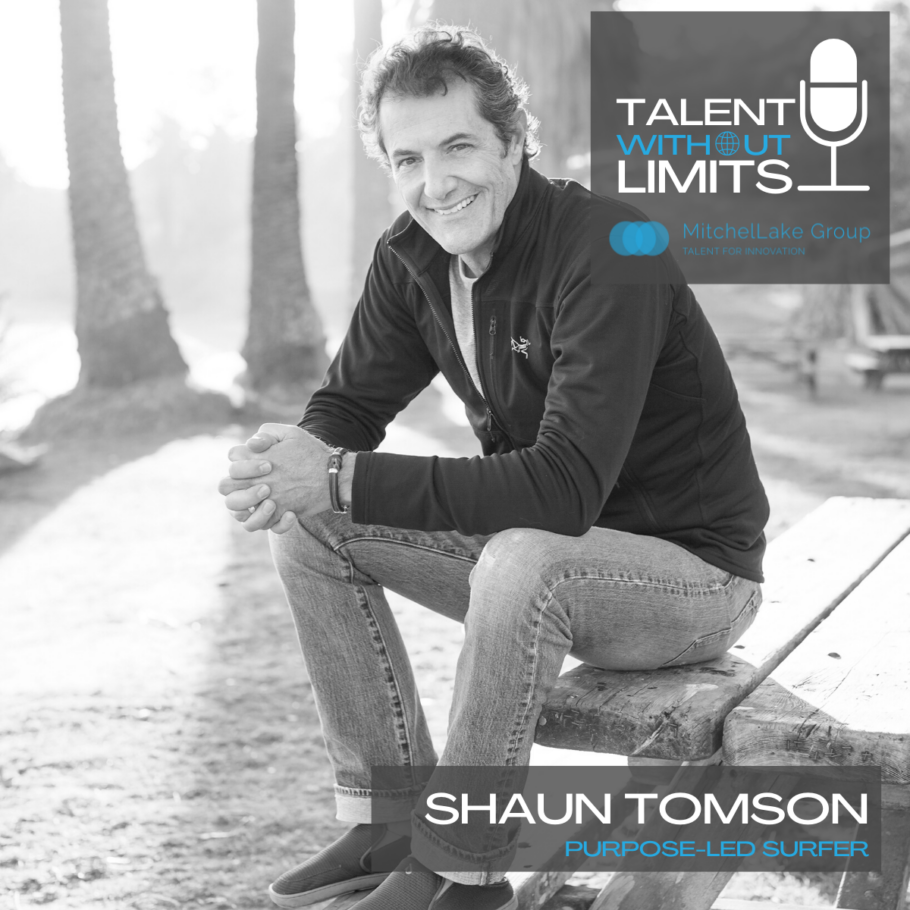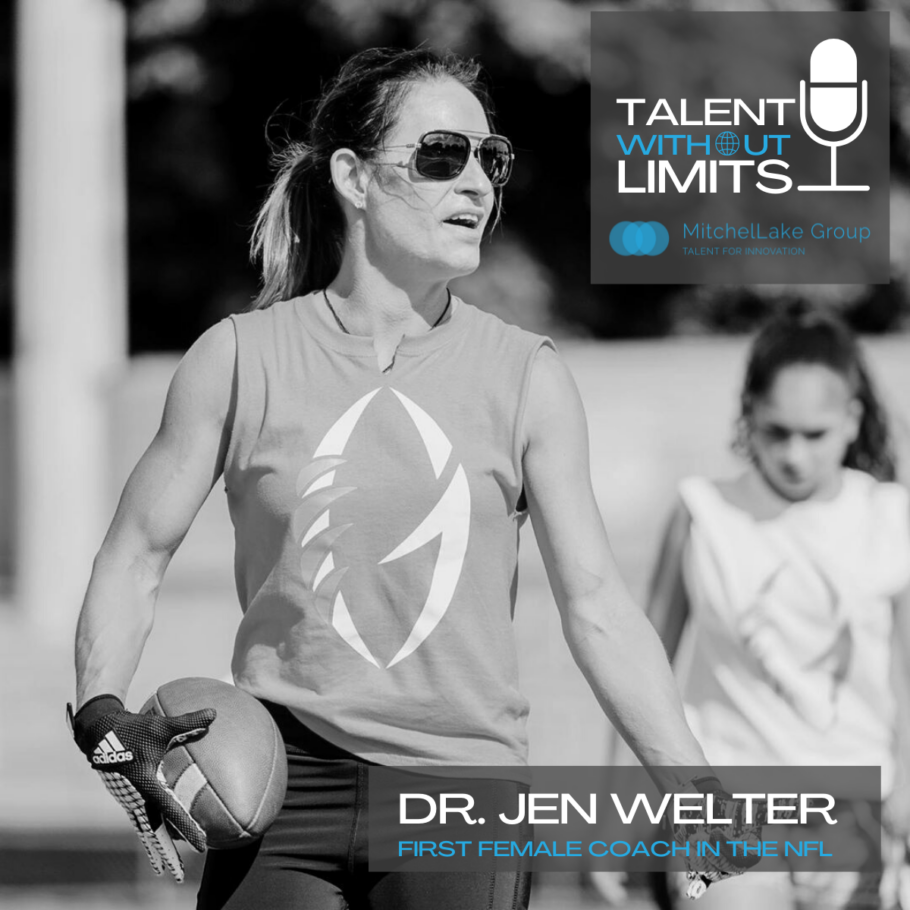We Came, We Drank, We Learnt // Craft Beer + Innovation Event Review Posted at 0:00, Thu, 28 May 2015 in Industry Insights
Is there an MVP for IoT?
As part of Good Beer Week, we were lucky enough to host a combination of innovators in the craft brewing and connected-technology space at The Kelvin Club to further understand the ground they are breaking within their industry and how these ideas can be applied to wider markets and areas. The big question on a lot of minds was: “Can smaller brands and startups apply some of the new technologies that larger, mainstream brands are using?”
First up we had Scott Wilson-Brown, founder of Ballarat-based craft brewery Red Duck Beer. While the audience sampled three of his delicious brews (1851, Porter and the taste-bud stretching Cactus Beer) they heard Scott’s take on how he sees technology – including social media and a connected digital device to capture data at his cellar door – as a way to drive loyalty and brand engagement amongst the ever-growing craft beer community. With less than 3% of the beer market in Australia being occupied by craft beer he is confident that being able to reach and educate a broader audience he can help shift this number for him and his peers to tackle the big players.
Next up was Brendan Waycott, Account Director for Buzz Products. Our audience was privy to Buzz Bolts – 3D printed, LED-faced lightning bolts activated by Twitter chatter. These were used to live-gauge the audience’s beer preference during tastings. While the bolts behind were flashing with action, Brendan talked about three major projects they have done for larger drinks brands and how they applied Internet of Things based technology to drive incredible results in brand engagement, loyalty and sales for the likes of VB and Budweiser. He was quick to mention the challenge with these types of projects is whilst they sound and look cool, it is all about driving results and being able to measure and use the data to achieve this.
Last but not least we had Joe Cook, COO of Sydney-based Kegstar. From Joe we heard how their startup keg delivery service for breweries has managed to use connected technology to track keg usage and position to solve a number of pains for the industry such as distribution and keg theft. Joe was pressed hard by the audience on where the innovation of the kegs themselves was heading along with the challenges they’ve faced which he expanded on in the panel discussion.
After a couple more Red Ducks we settled into a panel discussion with our three speakers and below is an overview of this discussion:
How can we educate the population about taste using technology?
All three experts mentioned social media as one of the easiest and more established ways to achieve this. Through encouraging advocates and influencers to get their product reviews into the hands of their audiences via social channels the uplift in awareness and education about boutique brands and products increases significantly. Scott mentioned he had starting driving conversations and asking deeper questions to these key people as a way to better understand what his customers wanted and channelling this into his future products.
What industries can you see benefiting from connected technology in the next 6-12 months?
Brendan from Buzz Products highlighted FMCG as the most obvious industry for Australia, given it is an area that has already taken off overseas. He pointed to the recent Amazon product button as an example of this. We spoke a lot about the use of IoT in healthcare and medical industries and how this technology can be used to better society as well as drive product sales. Brendan said the biggest challenge here was regulatory factors — no surprise there, but something we all agreed needs to be tackled.
Do Buzz Products see a way of working with craft and boutique brands to implement connected technology? How?
This was a question I was looking forward to asking Brendan given the audience and the two smaller companies flanking him on the couch. His answer was not surprising, but the input from him on this was extremely interesting and hopefully where we may see things head. Brendan explained that whilst the costs of creating a connected experience or IoT play were starting to come down it was still something he didn’t think smaller companies could make work on their own. This led nicely into Scott talking about how he would be open to partnering with a second or third party to create a solution in the space that would drive value for everyone and allow costs to be split. So whilst there is not yet an MVP for IoT, there are some creative ways we may see smaller players get access to it.
What is the next evolution for Kegstar?
Joe mentioned a couple of things they were looking at, one was around the carbon footprint of delivery kegs and how can they be innovating further to continue to reduce this and use it as a USP for Kegstar. They are continuing to look at the technology they are using and bettering their platform along with how can they solve one of their biggest challenges which is the return of kegs. He mentioned they’ve been looking into the likes of drop-shipping and that he’d even used Uber a couple of times in a tight spot! It is a big area of focus for them and they are testing everything.
Why are micro breweries are more successful overseas than in Australia?
This commonly asked question has a not-so-surprising answer, but is always a great talking point. Scott felt the fact the US started earlier in the space has helped but also that it is not always a bad thing that we are trailing. This lead to the notion that could we eventually leapfrog the likes of Europe and the US by taking learnings and spotting trends based on their data and actually get ahead of the game.
All in all it was an engaging and entertaining evening. The beer was well enjoyed, and the audience took away some interesting ideas about where this exciting space is heading. Thanks to all that attended.
If you would like to learn more about the topics covered or have access to any of the presenters please get in touch and we will help make this happen.
Author
Matt Smith works in MitchelLake’s Melbourne office and leads the Australian team for MitchelLake Consulting, working with an awesome team of humans who source talent across emerging technology, experience and service design, product, digital marketing, growth, data science and analytics.
Matt’s domain expertise leans towards hiring senior roles in experience and design and he enjoys the balance of working with fast growth, early stage organisations and larger scale companies going through digital transformation and the unique challenges they both bring.
Originally from New Zealand, Matt spent time living in the UK before moving to Melbourne where he enjoys playing basketball, rearing indoor plants and incredible access to some of the world’s best coffee.



